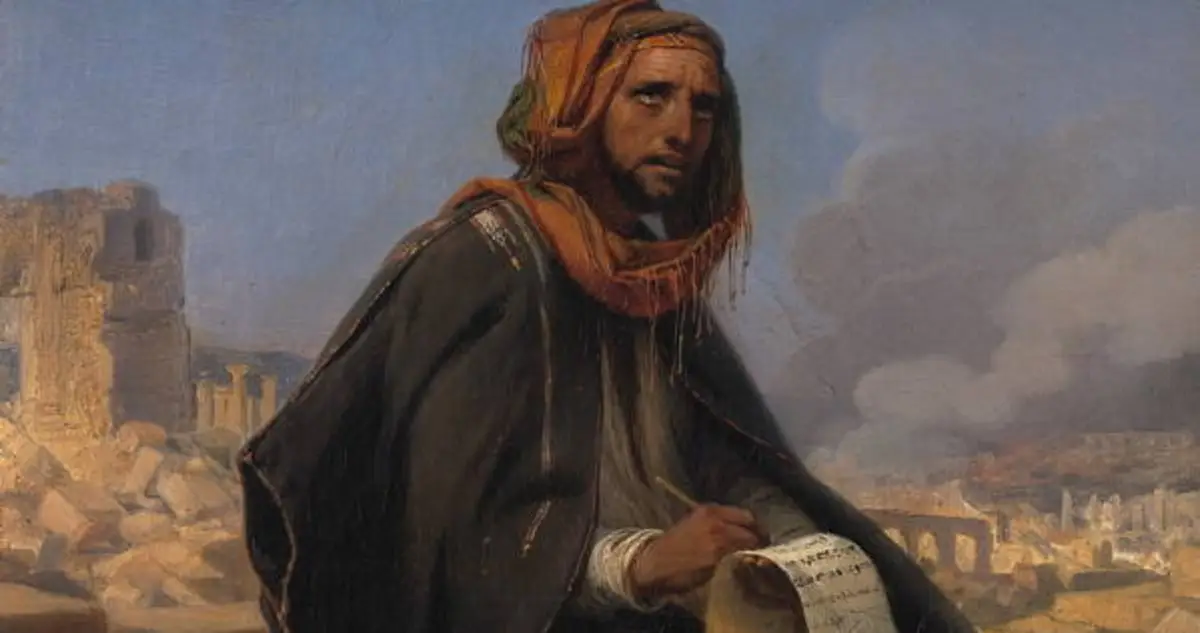In giving his final charge to Solomon regarding the building of the Temple, King David included this statement: "All this He made clear to me in writing from the hand of the Lord, all the work to be done according to the plan" (I Chronicles 28:19).
There is a lot of substance in this one sentence.
First, David is explicit about the source of his plans for the Temple, i. e., God. He says, "He made clear to me." The writer of the Epistle to the Hebrews develops this statement in Hebrews 8:5: "They [the levitical priests] serve a copy and shadow of the heavenly things. For, when Moses was about to raise the tent, he was instructed by God, saying, 'See that you make everything according to the pattern that was shown you on the mountain.'" That writer was referring to statements that are found in Exodus 25:9, 25:40, 26:30, and 27:8. What Moses was shown regarding the construction of the tabernacle, David also received when the tabernacle was replaced by the Temple.
Second, David tells us that he received God's words by the mediatorial hand of the Lord, i. e., Yahweh, the preincarnate Son. This, too, is a pattern we see elsewhere: "The revelation of Jesus Christ, which God gave Him to show to His servants" (Revelation 1:1). What God would inspire to be recorded in the Scriptures had its origin in the triune God, and was then mediated through the Son to the human writer. This is probably what Peter meant when he mentioned that the prophets were taught by the Spirit of Christ when they predicted His "sufferings and subsequent glories" (I Peter 1:11).
This refutes some neo-orthodox teachers who claim that the writers of the Bible had no concept of divine inspiration when they wrote (compare II Timothy 3:16). While some may not have had such a concept, some did, as we see in the words of David recorded here.

No comments:
Post a Comment